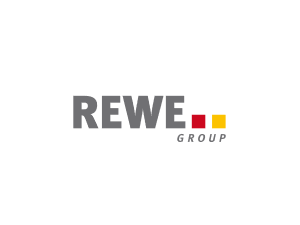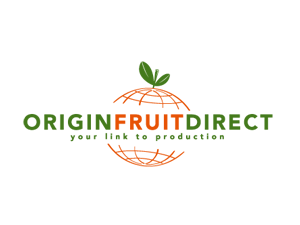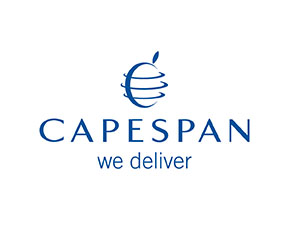Past Projects
ProjectsPast projects
EuroMix
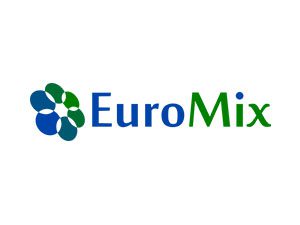 EuroMix was a European project whose central aim was to develop an experimentally verified, tiered strategy for the risk assessment of mixtures of multiple chemicals, which could be derived from multiple sources across different life stages. The project balanced the risk of chemicals present in food against the benefits of those food.
EuroMix was a European project whose central aim was to develop an experimentally verified, tiered strategy for the risk assessment of mixtures of multiple chemicals, which could be derived from multiple sources across different life stages. The project balanced the risk of chemicals present in food against the benefits of those food.
The overall objective of the project was to establish and to disseminate new validated testing, hazard and aggregated exposure assessment strategies for mixtures of chemicals, which built on a mechanism-based quantitative methodology for hazard assessment and hazard characterization. These were used to estimate the impact of mixtures on health, thereby increasing the efficiency and effectiveness of safety evaluations.
In particular, Freshfel Europe was involved in the dissemination of the project results and the organisation of meetings and workshops in Brussels. More information about this project can also be found via www.euromixproject.eu
EUFRUIT
The EUFRUIT project wanted to establish a network of researchers, business operators and policy makers to build towards a common approach and framework for knowledge sharing in order to fill the gap between research findings and policy implementation. The systematic approach included:
- scanning of the state-of-art knowledge, practises and technologies and synthesis of the material to identify key areas of learning and best practise approaches at a European level.
- showing & sharing to deliver outreach/dialogue at a national level through establishment of local ‘operational groups’.
EUFRUIT encompassed 12 countries and focussed on 4 thematic areas, critical for the competitiveness and innovation potential of the European fruit sector: new cultivar development and evaluation; minimise residues on fruit and the environment; optimising storage and fruit quality; sustainable production systems.
Each year, the 4 work packages published synthesis reports, which included the scanning of research currently being done in the 4 thematic areas, and the latest state of play of those experimental methods. Below you can find the synthesis reports:
2016
- new cultivar development and evaluation
- minimise residues on fruit and the environment
- optimising storage and fruit quality
- sustainable production systems
2017
- new cultivar development and evaluation
- minimise residues on fruit and the environment
- optimising storage and fruit quality
- sustainable production systems
Freshfel Europe actively participates in the dissemination of the resulting shared knowledge, in particular on the minimisation of residues on fruit and the environment. More information about this project can also be found here.
Fresh-Demo: Waste reduction and quality improvement of fruits and vegetables via an innovative and energy-efficient humidification/disinfection technology
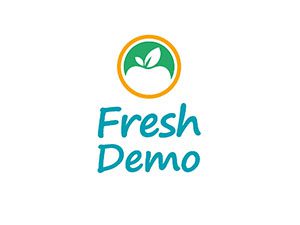 The FRESH-DEMO project was a response to the EU priority topic of food waste reduction and the creation of the circular economy. The project consortium established that shelf life of fruit and vegetables could be prolonged by means of an ultrasonic humidification system, as well as a natural acidifier. A combination of both created a cool, humid, and germ-free climate that preserved the quality and freshness of the product samples (e.g. reduced weight/moisture loss, structural changes, decay, etc.) along the entire post-harvest supply chain.
The FRESH-DEMO project was a response to the EU priority topic of food waste reduction and the creation of the circular economy. The project consortium established that shelf life of fruit and vegetables could be prolonged by means of an ultrasonic humidification system, as well as a natural acidifier. A combination of both created a cool, humid, and germ-free climate that preserved the quality and freshness of the product samples (e.g. reduced weight/moisture loss, structural changes, decay, etc.) along the entire post-harvest supply chain.
Several test cases were executed with strawberries, asparagus, peaches and nectarines, table grapes, and cauliflower and escarole, demonstrating the effectiveness and benefits of the technology from harvest to shelf in terms of improved quality and shelf life of the fresh produce. Freshfel Europe was involved in the dissemination of the project results towards its members and the general public. More information can also be found via: www.fresh-demo.eu
PRO GREENS: Promotion of vegetable and fruit consumption of school children
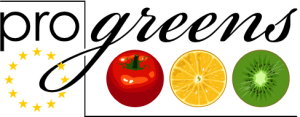 The project, lasting 3 years from 1 August 2008 until 31 July 2011, focused on the fruit and vegetable intake in 10 European countries, what affected their consumption and how to increase this consumption. The project, and its precursor PRO CHILDREN, developed surveys which they distributed to 8158 children from 236 schools in the participating countries and towards the end of the project formulated recommendations how to integrate a healthy lifestyle in school curricula and canteen menus. Additionally, PRO GREENS resulted in scientific publications regarding consumption levels in children and their parents as well as determinants for consumption and intervention effectiveness.
The project, lasting 3 years from 1 August 2008 until 31 July 2011, focused on the fruit and vegetable intake in 10 European countries, what affected their consumption and how to increase this consumption. The project, and its precursor PRO CHILDREN, developed surveys which they distributed to 8158 children from 236 schools in the participating countries and towards the end of the project formulated recommendations how to integrate a healthy lifestyle in school curricula and canteen menus. Additionally, PRO GREENS resulted in scientific publications regarding consumption levels in children and their parents as well as determinants for consumption and intervention effectiveness.
Acropolis: Aggregate and cumulative risk of pesticides: An on-line integrated strategy
The overall objective of the project was to improve risk assessment strategies in Europe. The project aimed to develop an easy-to-use tool to gauge the risks of cumulative pesticide exposure. Researchers developed models to calculate exposure, and they designed toxicological tests to assess the effect of various pesticides. Furthermore, stakeholder meetings have brought together industry, regulators and food authorities to help understand the online ACROPOLIS model and data. The tool also incorporates monitoring data from 10 EU states and this information can be used to assess cumulative pesticide risks. Researchers undertook four case studies, which showed that the tool was widely applicable and easy to use. In addition, the tool was validated against a similar system built by the United States’ Environmental Protection Agency (EPA).


